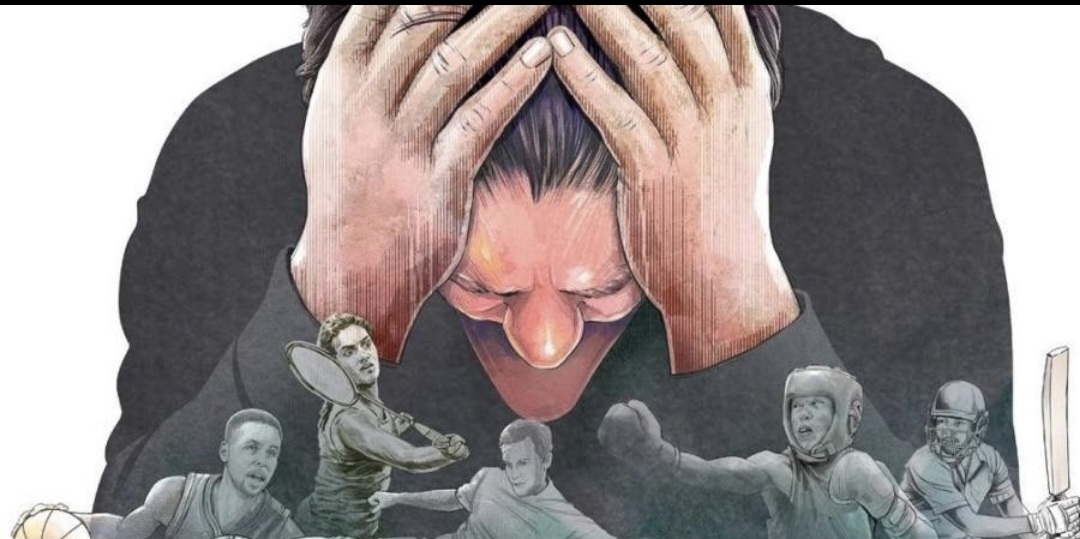In a world that values resilience, vulnerability is often seen as weakness. Yet, it’s through our shared suffering and open-hearted connections that we find the courage to heal and the empathy to grow.
By Dr Fiaz Maqbool Fazili
Life is unyielding, an endless stream of demands that offers no respite in the face of human suffering. Adulthood, often romanticized as a time of independence and achievement, brings with it one of life’s harshest truths: survival is a constant requirement, even when our spirits are drained and our hearts are heavy. The world keeps turning, indifferent to our personal struggles, urging us to carry on as though our internal battles are inconsequential. This universal realization is both stark and sobering. It exposes a reality for which many of us are unprepared: survival frequently demands a facade of resilience, even when every part of us longs for rest.
The Illusion of Happy Endings
From an early age, we are comforted with tales of happy endings. Fairy tales, movies, and stories assure us that happiness is attainable, that after every hardship, peace awaits. However, the reality we encounter as adults often diverges sharply from this narrative. Suffering, it seems, is not an anomaly but an intrinsic part of the human experience. Life rarely pauses to accommodate our need for reflection, grief, or recovery. Instead, it insists on perseverance, no matter how fractured we feel inside.
Adulthood thrusts us into a relentless struggle to keep pace with the demands of daily life, leaving little room for vulnerability or self-repair. The bills must be paid, obligations met, and responsibilities fulfilled, even as we privately wrestle with grief or exhaustion. This unending march forward can feel suffocating, forcing us to prioritize survival over self-compassion.
The Quiet Weight of Pretending
The pressure to maintain appearances in the midst of suffering is another layer of the struggle. Society often expects strength and composure, pushing us to present an unbroken front even when turmoil churns beneath the surface. This leads to a culture of quiet suffering, where we mask our pain to avoid judgment or pity. The weight of pretending is exhausting. It forces us to invest energy into concealing our emotions, leaving little left for genuine healing.
This societal emphasis on stoicism often makes vulnerability feel like weakness. We internalize the belief that showing cracks in our armor is unacceptable, so we bury our struggles deeper, isolating ourselves further. In hiding our pain, we not only deprive ourselves of connection and support but also perpetuate the illusion that everyone else is coping seamlessly.
The Unpreparedness of Adulthood
One of life’s cruelest lessons is how suffering often arrives unannounced, shattering the stability we assume will last. Despite years of education and preparation, few of us are equipped to navigate the unpredictable challenges of adulthood—loss, failure, heartbreak, or grief. We quickly realize that no roadmap exists to guide us through these emotional minefields.
This lack of preparedness can leave us feeling inadequate, as if we are fumbling in the dark for solutions to problems we never anticipated. The illusion of control dissolves, replaced by the humbling truth that life’s trials often defy explanation or resolution. In this disarray, survival becomes an act of sheer will, a determination to endure despite the absence of clear answers.
The Cost of Concealing Pain
Modern culture’s prioritization of productivity and outward success intensifies the pressure to “carry on.” Whether we are grieving, overwhelmed, or emotionally depleted, societal norms push us to function as if everything is fine. Pretending becomes a coping mechanism—a survival tactic. However, the emotional labor required to sustain this facade exacts a heavy toll.
Concealing pain drains our energy and stifles our ability to heal. We expend so much effort maintaining the illusion of strength that we neglect the essential work of processing and recovering from our struggles. This cycle of suppression deepens our sense of isolation, making the path forward feel even more arduous.
Unearthing Inner Strength
Yet, even amid these challenges, many of us discover reservoirs of strength we never knew we possessed. Resilience is not an innate quality but a skill honed through adversity. It is not the absence of pain but the ability to persist despite it, to move forward even when the path is fraught with difficulty.
This resilience does not diminish suffering; rather, it transforms how we respond to it. It allows us to redefine our limits, adapt to new realities, and find purpose in the struggle. Over time, we learn that resilience is not about being unbreakable. It is about enduring, about embracing our pain while continuing to grow.
The Hidden Strength of Vulnerability
In a world that often equates vulnerability with weakness, choosing to be open about our struggles can feel revolutionary. Yet vulnerability is a profound strength, offering a pathway to connection and healing. When we share our pain, we create spaces for empathy and understanding, reminding ourselves and others that suffering is a shared experience.
Allowing ourselves to be vulnerable fosters connection, breaking down the barriers of isolation. Through honest conversations, we find solace in the realization that we are not alone, that others have faced similar battles and emerged stronger. Vulnerability, then, is not a sign of fragility but a testament to our humanity.
Lessons in Suffering: Empathy, Growth, and Compassion
Suffering, though painful, can also be a powerful teacher. It deepens our understanding of life’s complexities and sharpens our empathy for others. As we navigate our own pain, we become more attuned to the struggles of those around us. This shared awareness fosters compassion, reminding us that suffering knows no boundaries and touches everyone.
Our experiences of hardship shape us, helping us grow into more patient, empathetic, and resilient individuals. Through each challenge, we gain a greater appreciation for life’s moments of joy and triumph, however fleeting they may seem.
Embracing Life’s Dualities
Ultimately, survival reveals a profound truth: life is both beautiful and brutal, joyful and painful. Embracing this duality allows us to see that our struggles do not define us but refine us. In moments of despair, we uncover resilience. In quiet suffering, we find strength.
Though the world may remain indifferent to our battles, we possess the power to endure, to connect, and even to thrive. Through suffering, we rediscover our shared humanity, learning that while life’s hardships are inevitable, so too are the moments of connection and purpose that sustain us along the way.
The views expressed in this article are solely those of the author and do not necessarily reflect the opinions or views of this Magazine. The author can be reached at [email protected]


Leave a Reply